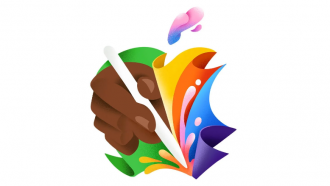With virtual reality (VR) poised to be the next big thing, Google too has hopped on the bandwagon and is reportedly working on an Android OS for VR applications, essentially throwing down the gauntlet at Samsung, Microsoft and Facebook.
Google is allegedly working on a VR version of Android, which could rival the software of Microsoft's HoloLens, Samsung's Gear VR, Magic Leap's mysterious AR device, Oculus Rift, SteamVR, and Sony's Project Morpheus among others.
The news comes courtesy of The Wall Street Journal, which cites sources familiar with Google's VR project.
"Google has assembled a team of engineers to build a version of the Android operating system to power virtual-reality applications, according to two people familiar with the project," reported the WSJ.
According to the sources, Google has "tens of engineers" and more staff who are working on the company's Android VR project. Apparently, Google intends to distribute the new OS, which is under works freely. This strategy would be in line with the company's current approach for its Android platform.
The sources have also stated that the engineers working on the Android VR project are being led by Jeremy Doig, Director of Engineering, and Clay Bavor, VP of Product Management.
Google is also interested in augmented reality (AR) as reflected in its investment in startup Magic Leap, which is slated to release a mysterious wearable in the near term.
The search giant also has Project Tango up its sleeve, which will basically deploy a smartphone camera to generate a 3D map of an individual's environment.
Google also launched Google Cardboard in 2014, but at this point, the company's development of an Android OS for VR is all speculation.
Google's aspiration for the Android VR project could very well see the light of day, but how the new platform would work is not yet known.
With the annual Google I/O scheduled in May this year, there's a strong possibility that the company could take the wraps off its new Android for VR.
Photo: Carlos Luna | Flickr









